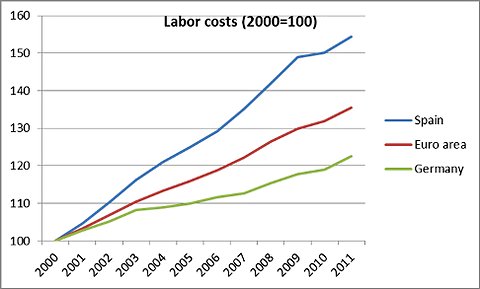miami_thomas
VIP Member
- Jan 20, 2011
- 1,019
- 86
- 83
- Thread starter
- #101
This cannot last forever. In fact, the longer interest rates are artificially repressed, the more and more short term becomes the rollover of our debt
Why is that? The long term rates are very low too, why would the rollover become shorter?
and this will blow up in our faces when interest rates rise again.
No, it won't -- the economy has to recover before the rates can rise. So by the time we see high rates our fiscal situation will be much better because the government revenues will be much higher.
Why would you buy long term treasuries over short term when the rates are almost the same? We are in trouble and when the fear starts it will happen overnight just like every bubble burst. Then people will be surprised just like always. History has always taught that where there is credit there is always a burst to eventually follow. Just this one will be like a 100 times worse than all previous ones combined because it will be government debt that causes it and not private debt.


